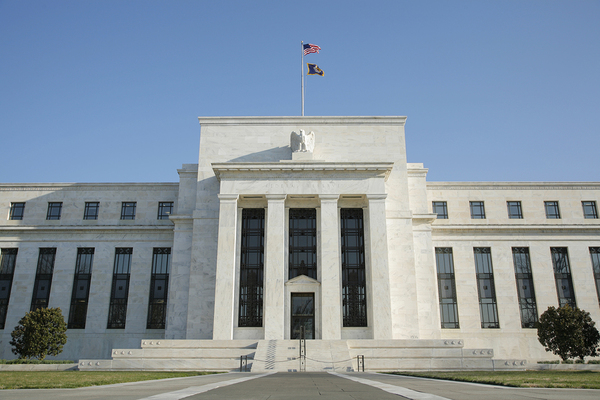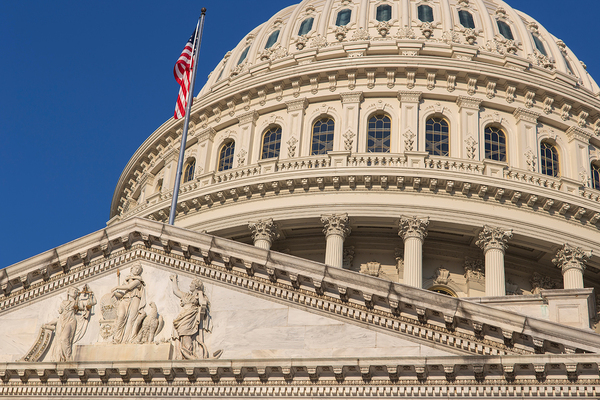View Sale Announcement Detail


Archived news
EXCERPT: In response to the economic turmoil stemming from COVID-19, the government is taking extreme measures to prop up the economy. And one such effort is the Federal Reserve adding massive amounts of liquidity into the market.
 The Federal Reserve is adding extensive amounts of liquidity into the market to help bolster the economy during the coronavirus pandemic.
The Federal Reserve is adding extensive amounts of liquidity into the market to help bolster the economy during the coronavirus pandemic.
The US economy continues to be slammed by the coronavirus as millions of people lose their jobs, businesses are shutting doors, and stock markets behave chaotically. Until the coronavirus pandemic slows down, the economy will undoubtedly continue to be bashed, but extreme steps are being taken by the government to help bolster the economy and hedge against a complete economic shutdown.
Federal Reserve Tasked With Unprecedented Lending
The Federal Reserve has stepped in and arranged for a handful of urgent lending programs over recent days to keep cash flowing through the financial system. But Congress is suggesting more drastic measures and recently approved a whopping $454-billion fund to beef up the central bank's lending capabilities.
Congress is depending on the Fed now more than ever before in an effort to keep business balance sheets afloat after extreme steps have been taken to require stay-at-home orders that have nearly frozen the economy.
The recently-signed legislation asks the Federal Reserve to help finance states, cities, and businesses, practices that are usually handled by Congress. It's a far cry from a decade earlier when Congress limited the emergency lending power that the Fed is now being given more authority to use. As long as the loans are well-secured, the Fed has plenty of ability to lend during an economic crisis, such as the one we are seeing today.
 Congress has taken significant steps to keep the economy going by bestowing authority on the Federal Reserve to finance businesses, states, and cities throughout the COVID-19 crisis.
Congress has taken significant steps to keep the economy going by bestowing authority on the Federal Reserve to finance businesses, states, and cities throughout the COVID-19 crisis.
In the meantime, the real estate industry is requesting assistance for non-bank lenders that do not have the level of capital to play with that big banks do. With thin capital, these non-bank lenders are at considerable risk in the face of increased loan delinquencies. If borrowers are unable to keep up with their mortgage payments, these firms will still have to advance interest to pay their investors in mortgage bonds.
Giving authority to the Fed to lend such a great deal is an unprecedented move that the government hopes will keep business humming and the economy alive. With a track record of such scenarios ending unfavorably, the most recent step by Congress is a testament to how dire the situation is today.
It just shows that Congress has faith in the central bank. While the Fed cannot independently buy private-sector debt, it may develop special facilities that can extend credit with the approval of the Treasury Secretary.
Financial Institutions Encouraged to Protect Their Balance Sheets
It's certainly a unique time in the US and across the globe with the continued spread of the coronavirus. As the economy continues to be hit by business closures, stock market fluctuations, and billions of dollars being spent to help out, financial institutions need to do their part to not only help their clients and members but to protect their own loan portfolios.
Sign up for our newsletter today.
Garnet Capital Advisors 500
Mamaroneck Avenue, Harrison, NY 10528
(914) 909-1000
info@garnetcapital.comGarnet Capital Advisors 500
Mamaroneck Avenue, Harrison,
NY 10528
(914) 909-1000